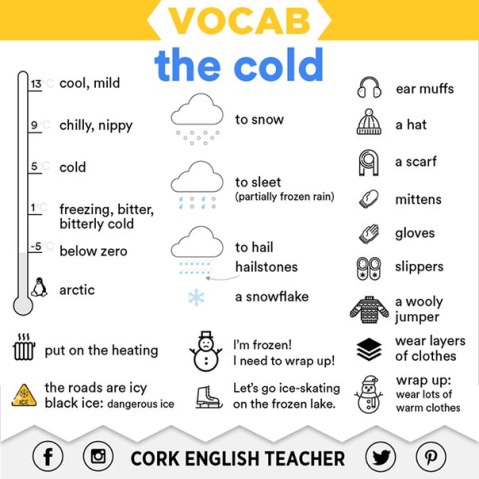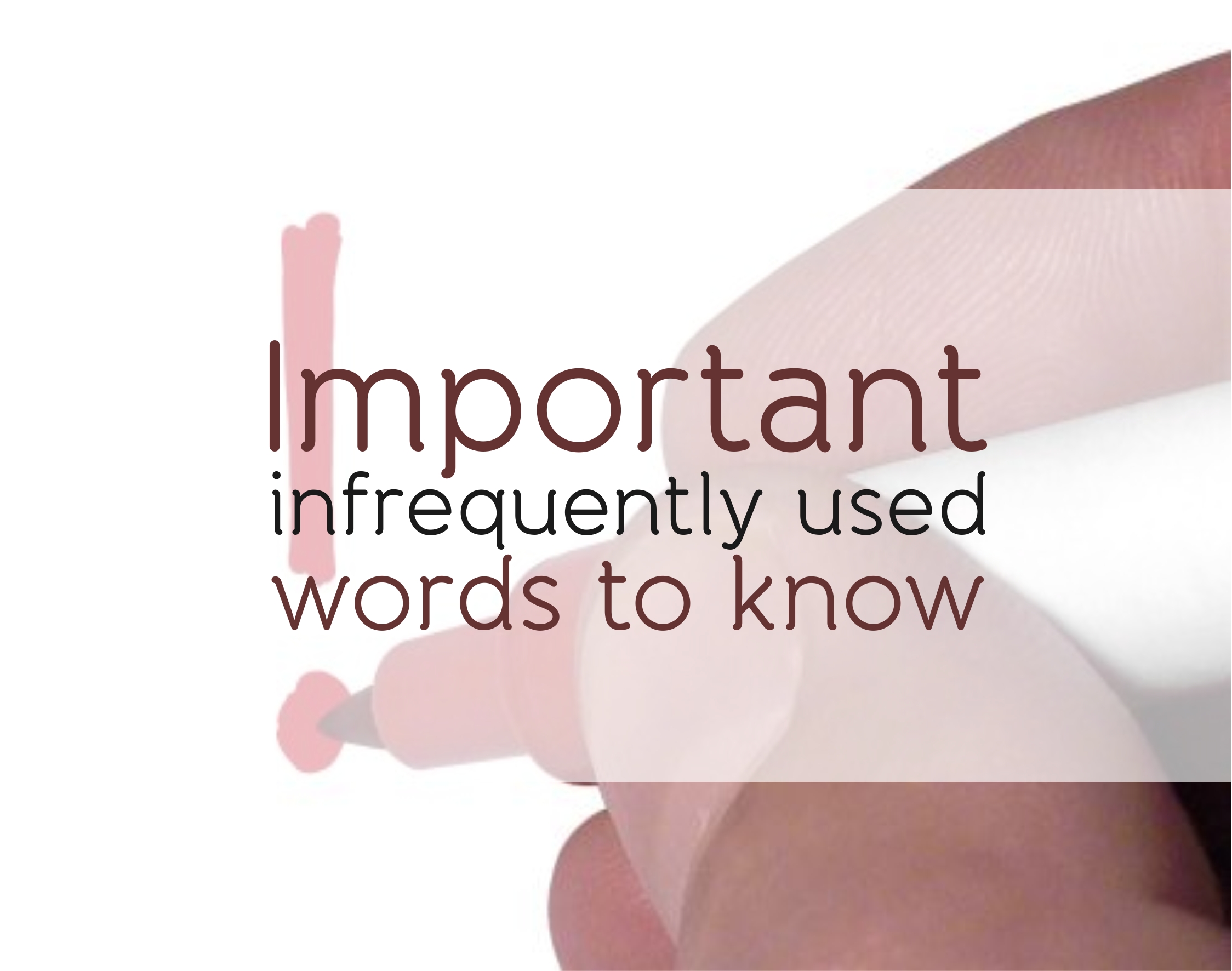No more boring sentences
I don’t know if it’s just me, but it seems like we, as writers, do get so wrapped up in the actions, thoughts and relationships of our characters that we completely forget to dress it up. Sentences get so long-winded in action and thought that any descriptive narrative is just left in the dust. With this tutorial, we will remedy that. Hopefully.
You may ask: What am I to do? And I shall tell you: You just need to start small, using basic descriptive words and work up to more complicated and sophisticated sentence structures.
- Let’s start with a plain, basic sentence.
Ollie sat underneath the tree.
- Let’s replace Ollie with a pronoun and give the tree a species.
A boy sat underneath the willow tree.
- Ask yourself this. How old is the boy? Is he very young? Or is he more of a teen? Is the tree dying? Is it a young tree? Use words like “young” or “lively” to give your character (or any other living things in the scene) an age group and a starting point to visualizing your character for the reader. We’re just going to call the boy “young” for right now.
A young boy sat underneath the willow tree.
- Now we need some sort of action the boy (or the tree) could be doing. just sitting isn’t going to cut it. when adding more action to a sentence, it would range anywhere from a single word to an entire phrase. just make sure that when you add the action that it moves with the rest of the sentence in a coherent fashion and that there is proper punctuation to accommodate it. for our little example sentence, we’re going to add a phrase.
A young boy sat underneath the willow tree, watching a breeze.
- “Watching the breeze” sounded all nice and fluffy when we first put it, but after we’ve read it a few times it sounds sort sort of ridiculous. One can’t literally watch a breeze, right? Here we can just add an action for the breeze to be doing simultaneously with the action of the boy. The boy doesn’t even have to have any awareness of what the breeze is doing at all. So, we will just change a few words around and add something for the breeze to do.
A young boy sat underneath the willow tree, as a breeze flitted through the bulrushes.
- Now that you are starting to get the hand of this, we can just skip a bunch of the steps and get to the end part, where we have a lovely and descriptive sentence worthy of opening your post. Below, as you can see, we added a few more choice words, replaced some things and moved some phrases around.
As a gentle breeze flitted through the bulrushes, a young boy sat contemplating underneath the ancient willow tree.
How to write much better
or not.
1. Avoid alliteration. Always.
2. Prepositions are not to end sentence with.
3. Avoid clichès like the plague (They’re old hat.).
4. Eschew ampersands & abbreviations, etc.
5. One should never generalize.
6. Comparisons are as bad as clichès.
7. Be more or less specific.
8. Sentence fragments. Eliminate.
9. Exaggeration is a billion times worse than understatement.
10. Parenthetical remarks (however relevant) are unnecessary.
11. Who needs rhetorical questions?
The Politically Incorrect Etymologies of 10 Words and Phrases
At various moments in its life, a word will hop languages, change meanings, travel through sinister moments and land in pleasant ones. But no matter how many times it’s superimposed, and how far it gets from its original source, a word doesn’t let go of its memories easily. Here are 11 modern English words with socially insensitive origins.
1. Hysteria (n.) – a wild, irrational eruption of fear or emotion
Hysteria begins in the womb, or so thought the medical scholars of the 1610s, who named the condition after the Latin hystericus, meaning “of the womb.” Those who’ve studied the Victorian era, or read The Awakening in high school, may know that the go-to prognosis of the time for just about every female’s symptom from the occasional hissy fit to chronic seizures was a pesky wayfaring uterus. The condition was thought to be caused by sexual frustration and cured by intercourse or pelvic massage, the latter often performed by physicians and midwives. When doctors finally got fed up with the tedious task in the late 19th century, the personal vibrator was created to take their place. Read More…
14 Words That Are Their Own Opposites

Here’s an ambiguous sentence for you: “Because of the agency’s oversight, the corporation’s behavior was sanctioned.” Does that mean, ‘Because the agency oversaw the company’s behavior, they imposed a penalty for some transgression‘ or does it mean, ‘Because the agency was inattentive, they overlooked the misbehavior and gave it their approval by default’? We’ve stumbled into the looking-glass world of “contronyms”—words that are their own antonyms.
1. Sanction (via French, from Latin sanctio(n-), from sancire ‘ratify,’) can mean ‘give official permission or approval for (an action)’ or conversely, ‘impose a penalty on.’
*
2. Oversight is the noun form of two verbs with contrary meanings, “oversee” and “overlook.” “Oversee,” from Old English ofersēon ‘look at from above,’ means ‘supervise’ (medieval Latin for the same thing: super- ‘over’ + videre ‘to see.’) “Overlook” usually means the opposite: ‘to fail to see or observe; to pass over without noticing; to disregard, ignore.’
*
3. Left can mean either remaining or departed. If the gentlemen have withdrawn to the drawing room for after-dinner cigars, who’s left? (The gentlemen have left and the ladies are left.)
*
4. Dust, along with the next two words, is a noun turned into a verb meaning either to add or to remove the thing in question. Only the context will tell you which it is. When you dust are you applying dust or removing it? It depends whether you’re dusting the crops or the furniture.
*
5. Seed can also go either way. If you seed the lawn you add seeds, but if you seed a tomato you remove them.
*
6. Stone is another verb to use with caution. You can stone some peaches, but please don’t stone your neighbor (even if he says he likes to get stoned).
*
7. Trim as a verb predates the noun, but it can also mean either adding or taking away. Arising from an Old English word meaning ‘to make firm or strong; to settle, arrange,’ “trim” came to mean ‘to prepare, make ready.’ Depending on who or what was being readied, it could mean either of two contradictory things: ‘to decorate something with ribbons, laces, or the like to give it a finished appearance’ or ‘to cut off the outgrowths or irregularities of.’ And the context doesn’t always make it clear. If you’re trimming the tree are you using tinsel or a chain saw?
*
8. Cleave can be cleaved into two “homographs,” words with different origins that end up spelled the same. “Cleave,” meaning ‘to cling to or adhere,’ comes from an Old English word that took the forms cleofian, clifian, or clīfan. “Cleave,” with the contrary meaning ‘to split or sever (something), ‘ as you might do with a cleaver, comes from a different Old English word, clēofan. The past participle has taken various forms: “cloven,” which survives in the phrase “cloven hoof,” “cleft,” as in a “cleft palate” or “cleaved.”
*
9. Resign works as a contronym in writing. This time we have homographs, but not homophones. “Resign,” meaning ‘to quit,’ is spelled the same as “resign,” meaning ‘to sign up again,’ but it’s pronounced differently.
*
10. Fast can mean “moving rapidly,” as in “running fast,” or ‘fixed, unmoving,’ as in “holding fast.” If colors are fast they will not run. The meaning ‘firm, steadfast’ came first. The adverb took on the sense ‘strongly, vigorously,’ which evolved into ‘quickly,’ a meaning that spread to the adjective.
*
11. Off means ‘deactivated,’ as in “to turn off,” but also ‘activated,’ as in “The alarm went off.”
*
12. Weather can mean ‘to withstand or come safely through,’ as in “The company weathered the recession,” or it can mean ‘to be worn away’: “The rock was weathered.”
*
13. Screen can mean ‘to show’ (a movie) or ‘to hide’ (an unsightly view).
*
14. Help means ‘assist,’ unless you can’t help doing something, when it means ‘prevent.’
Read more: Contronyms: What did you mean by ‘deceptievly’ smart?
Lost in Long Sentences?

When reading essays, books, and novels, many people enjoy traveling through long, complex sentences with twists and turns that lead to a satisfying end. But in business writing, readers want a short, clear path to understanding. Follow the four tips below to edit long sentences.
1. Include just one idea per sentence. When sentences have several ideas, readers need to figure out the relationship between the ideas. They need to suspend their understanding until they get to the period (full stop). In contrast, readers can quickly grasp each one-idea sentence and move on to the next.
The sentence below packs in three ideas. The punctuation makes is easy to recognize them.
Test Yourself Number 1: Revise this three-idea sentence, whose length makes readers move slowly:
Our credit department has requested that you provide a copy of your exempt sales tax document and that you fill out the top and signature portion of the credit application just for assurance that we have the pertinent contact information correct.Revise the sentence to communicate just one idea per sentence. After you have tried, you can check my revision. It appears at the end of this article.
In baseball, the windup is the pitcher’s actions before releasing the ball. Although important to the pitcher, the windup can distract the batter. The same is true of readers: If you begin a sentence with a fancy windup, you may lose your readers before releasing your main idea. Instead, start with your subject.This sentence has a dizzying windup, which makes it too long and complicated:
Test Yourself Number 2: Start with the subject rather than the long windup in this sentence, so readers do not struggle to understand its meaning:By keeping the three critical success factors in mind and talking with your unit manager or your peer coach whenever you find yourself struggling with an employee issue, you should have the greatest opportunity for success as a new supervisor.
My revision appears at the end of the article.
Your revision might look like mine: The navigation panel on the left side of the screen is the same for all contractors. It helps them navigate through the site to find what they need quickly.
Test Yourself Number 3: Break up this long sentence by inserting a period and replacing and. Then compare your revision with mine, which appears at the end of the article.
Recently there have been several calls and emails from individuals who are using an MS Excel version dated earlier than 2007 and are not able to save their changes based on the instructions provided in the guidelines.
4. Do not let a long list transform your sentence into a solid wall of text. Often you need to include a list in your writing. But a sentence burdened with a long list can become a blur to your reader. If that happens, your reader will not see any of the important information in your list. The solution is to break up the long, heavy sentence into bullet points or short sentences that keep your reader’s attention.
How would you revise this list-heavy sentence?
- Counseling managers on issues ranging from major incidents to employee communications and community relations.
- Representing the company with various groups.
- Supporting the needs of individual plants.
- Managing strategic media opportunities and crisis communications.
- Placing community advertising.
- Publicizing company efforts in environmental stewardship.
Test Yourself Number 4: Restructure this long sentence so that each part stands out:If new information concerning the case should come to your attention, if you should leave the area for more than a few days, or if you should change your address or telephone number, please advise Marie Smith or your insurance agent immediately.
Solution to Number 1:Our credit department has requested that you provide a copy of your exempt sales tax document. Also, please fill out the top and signature portion of the credit application. This step is just for assurance that we have the pertinent contact information correct.Solution to Number 2:You should have the greatest opportunity for success as a new supervisor if you do these two things: Keep the three critical success factors in mind. Talk with your unit manager or your peer coach whenever you find yourself struggling with an employee issue.Solution to Number 3:Recently there have been several calls and emails from individuals who are using an MS Excel version dated earlier than 2007. They are not able to save their changes based on the instructions provided in the guidelines.Solution to Number 4:Please immediately advise Marie Smith or your insurance agent if any of these occurs:
-
New information concerning the case comes to your attention.
-
You leave the area for more than a few days.
-
You change your address or telephone number.
Seven Tips for Communicating Data

Written by Lynn Gaertner-Johnston, Syntax Training
After you have worked hard to collect meaningful data, the big challenges are how and how much to communicate. Consider these tips when you work on your next report or presentation that includes data.
- Focus first on your message, not on the numbers.
When planning your communication, focus first on the big idea or points you want to make. Then incorporate the data that will help your audience understand and appreciate your points. Be sure your big idea gets center stage, not the numbers. - Explain the data.
Numbers mean nothing on their own. They need interpretation. Avoid asking readers or your audience to “review the attached spreadsheets.” Why should they review them? Which numbers should they pay attention to and why? What do the numbers indicate? - Put data in context.
Make it clear whether numbers are positive, negative, or neutral. If you tell a sales rep that she visited an average of six prospects per day, compare that number to the goal number of prospects. If a client walks 5500 steps in a day, state whether 5500 is the magic healthy number or only halfway there. If expenses are 18 percent over income, say why the reader should care. Explain that the account balance will be €0 by 2018 if nothing changes. - Paint a picture with your numbers so people can see them.
Even simple expressions like “a tenfold increase” or “a 30 percent drop” can seem vague unless your audience can see them. If numbers have decreased dramatically over a decade, do not use words and numbers alone. In a bold-colored graph, show the deep drop year by year, month by month over 10 years.
If your numbers are so large as to be abstract, paint them in recognizable mental pictures such as an area as large as Italy or a distance of 100 Greyhound buses. (Think of your audience when you choose the image.) How hot is 158 degrees Fahrenheit? Hot enough to fry an egg on the sidewalk.
Or show the numbers reduced to their essence. Jack Hagley’s graphic “The World as 100 People” (www.jackhagley.com/The-World-as-100-People) presents the world as though it were only 100 people. For instance, 83 of the world’s 100 people are able to read and write; 17 are not.
- Highlight important numbers.
A wall of numbers is as intimidating as a wall of text. Pull out essential numbers and focus on them. If you are presenting financial data, show just a small portion of it at a time on a slide or a page–just the portion you are discussing now. If you refer to and show just a small part, your audience will not say, “Where are you?” and “What are you talking about?” And always render numbers in a large enough font that you do not have to apologize for it.
Make it easy for your readers to find important numbers. If a client has asked for your fee, for example, don’t bury the number in a paragraph. Instead, render the number alone on a line or as part of a short heading, like this:
Your investment: US$19,000
- Prominently display the legends for tables and charts of numbers.
Ensure that your audience will know instantly that 3000 indicates 3,000,000 and that your balance is positive rather than negative. Use abbreviations such as K and M only if you are certain your readers understand them. (To some people, M means thousand; to others, it means million.) - Use only the essential, compelling numbers in the body of your document.
If numbers weigh down your document, your readers may forget your main point. So move most of the supporting tables, lists, charts, and graphs to the appendices. In a presentation, hold back some slides of data, and show them only upon request. Remember: The numbers are not the message; they serve the message.
If you think of your communication as music, your most important message comes through the soloist. The numbers are the accompanists. They play an essential role, but they should never drown out the soloist. If they do, your communication will not reach and change your audience.
9 Novel English neologisms
[nurd]

Yahoo
[yah-hoo, yey-, yah-hoo]
Chortle
[chawr-tl]

Quark
[kwawrk, kwahrk]
Utopia
[yoo-toh-pee-uh]

Tintinnabulation
[tin-ti-nab-yuh–ley-shuhn]

Grok
[grok]

Cyberspace
[sahy-ber-speys]

Catch-22
[kach-twen-tee-too]































